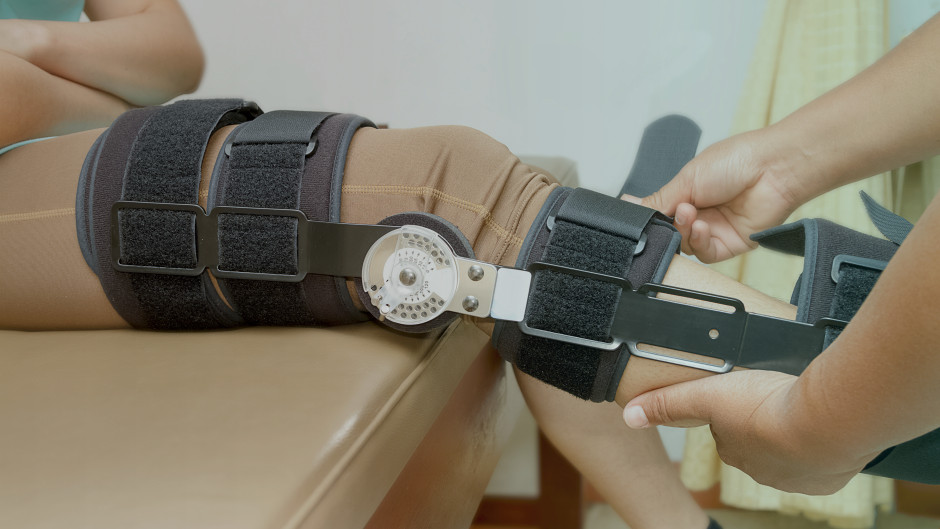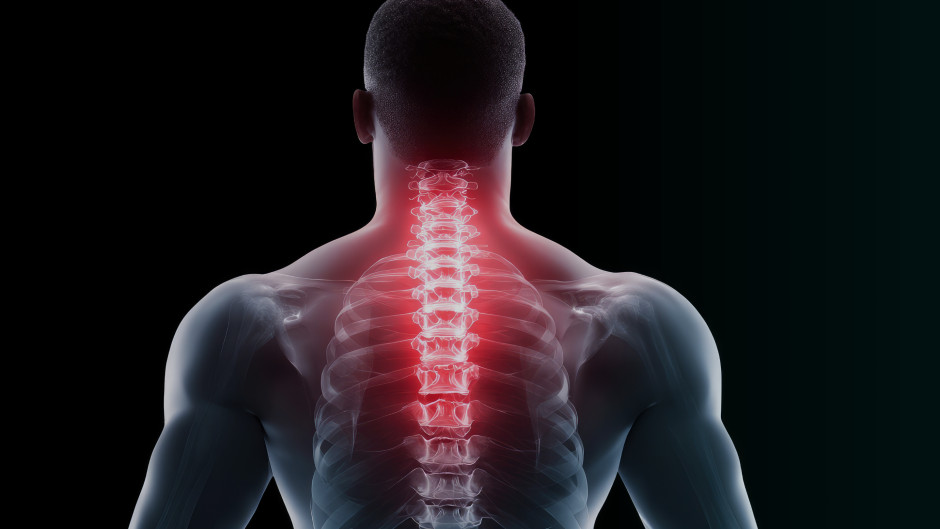5 POINTS TO REMEMBER WHEN USING MANUAL THERAPY
Existence of manual therapy is a question of debate with historical perspective. Therefore, it is time to reform physiotherapy education differently to bridge the gap. There are existing answers in the theory and will also be coming in the near future, but it is up to us whether to go along with it or to refuse it for one or another reason. Few do not believe in manual therapy because they have observed no change and the others do not believe because experimental-based evidence at cellular level is limited.1
Manual therapy as part of the conservative management of MSK Pain has a place, a role to play and but our paradigms and how we use it may require updating.1 Any revolution in physiotherapy/manual therapy the fundamental approach will be always focus on arthokinematics, osteokinematics, kinetics.1
In short, biomechanics will be the foundation of any concept, and as manual therapists, we should be happy and feel lucky because the biochemical injection cannot correct a biomechanical problem, it is only we who can help. We have to keep in mind that knowing when ‘not to’ or ‘it’s not necessary’ is as much important as when it’s indicated. And as a physio or better to be called as movement scientist we cannot opt for one tool in our tool box.1
If you want to learn more about this topic, you can watch Ina Diener's lecture here:

5 POINTS TO REMEMBER WHEN USING MANUAL THERAPY:
1. Manual therapy is supportive not a corrective intervention
Manual therapy is a single treatment technique. We use the theory of a shared mechanism, that whatever manual therapy you do, there are shared mechanisms that make the patient better, which creates the analgesia and has the patient to move more. What is our responsibility? We should make sure that our patients know this and that we use manual therapy with other techniques.
2. The tissue under your hands and context may change
The tissue under your hands may change not due to what you do physically, but due to your connection with the patient. We know from research that pain neuroscience education decrease the pain pressure thresholds in patients with spinal pain. It's also a means to enhance manual therapy when targeting the brain, so we can identify while we touch and refresh the homunculus. We can also explain the effect of passive movement and target the brain.
3. Not declare yourself as a manual therapist
We should not declare ourselves as a manual therapist and always attend the same kind of courses and go to the same kind of congresses. Always remember manual therapy is just one of the many tools we use in physiotherapy.
4. Stop with nocebic garbage
Words have a powerful role on how our treatment strategies affect patients. In a review, positive verbal suggestions had the potential to induce expectations which could be useful by the placebo phenomenon to improve the effectiveness of our intervention strategies in peoples with MSK pain. Clinicians should consider how they frame information about exercise or manual therapy and pain to avoid negative outcomes. Stop using words like ‘they are weak’ or you have a ‘stuck joint’.
5. Avoid dependence
We can try to bring a positive change in patients and treat them effectively without the risk of dependence through our communication, educating them about the condition and helping them to take positive decisions themselves.

If you want to learn more about this topic, you can watch Ina Diener's lecture here:
Sources:
1. Bhini Semwal; Existence of manual therapy: Is it the brain or the mind? The brighter prospect and the darker truth; Indian journal of physical therapy and research; 2022 ;Volume: 4 Issue 1; Page: 83-85
2. ‘Making sense of contemporary Manual therapy’ lecture by Ina Diener



